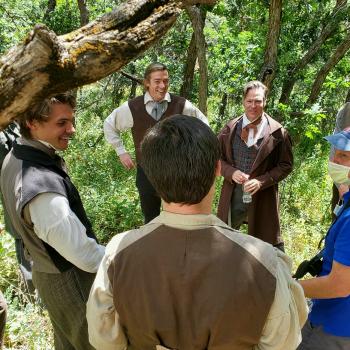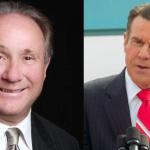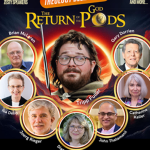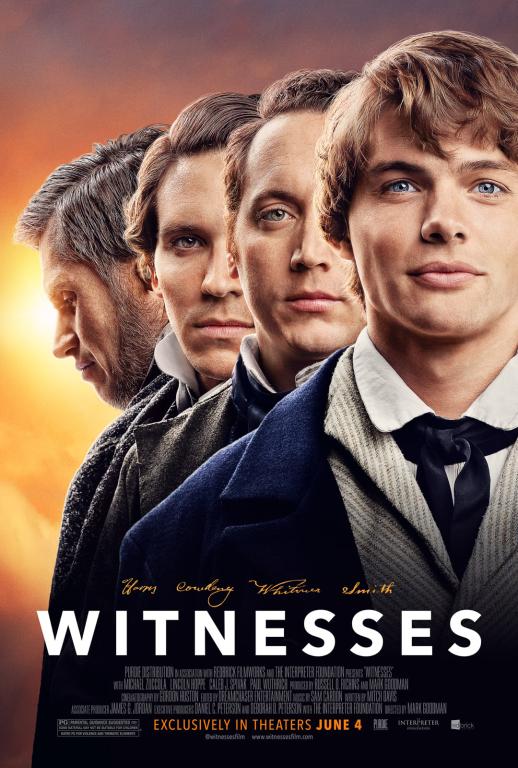
Yesterday marked an important anniversary in the history of the Church of Jesus Christ of Latter-day Saints. And so does today:
- Deseret News: “A 195-year look back at the men and women who saw and held the plates that became the Book of Mormon: Friday, June 28, is the 195th anniversary of the day three witnesses experienced a vision of the angel Moroni with the golden plates that Joseph Smith would translate into the Book of Mormon”
- Deseret News: “195 years later, the witnesses of the Book of Mormon are receiving more attention than ever: These events, which took place 195 years ago this week, have been dismissed by some who are ignorant of the long precedent in human history for the significance of a group of consistent and enduring eye witnesses to establish the truth of any important occurrence.”
- Neal Rappleye, for Scripture Central: “10 Things You Did Not Know About the Book of Mormon Witnesses”
May I humbly suggest that tonight, or this weekend, or Monday night, or sometime during the next week would be an excellent occasion to watch or to re-watch Witnesses and/or Undaunted: Witnesses of the Book of Mormon? Or to introduce one or both of those films to your family, neighbors, or friends?

(Wikimedia Commons public domain photo)
Two new pieces have just gone up on the website of the Interpreter Foundation:
“Further Evidence from the Book of Mormon for a Book of Moses-Like Text on the Brass Plates,” written by Jeff Lindsay
Abstract: Students of the Book of Mormon have long mined the Old Testament as a rich source of influence on Nephite writers. However, surprising recent finds suggest that an ancient text related to the Book of Moses may have been an especially significant influence as well. That possibility was raised in Noel Reynolds’s early analytical paper, “The Brass Plates Version of Genesis.” He found thirty-three proposed parallels between the Book of Moses and the Book of Mormon, some of which pointed to a one-way connection with the Book of Moses as the source. Our recent collaboration resulted in identifying a total of nearly one hundred parallels that cannot be readily explained based on influence from the KJV Bible, some of which further point to a text like the Book of Moses as the source for influence on Nephite writers. That prior work was not as exhaustive as we believed. Thirty-six prospective new parallels are proposed here. Finally, a reasonable challenge to the hypothesis of a Book of Moses text on the brass plates is also considered: why didn’t Book of Mormon preachers quote from the Book of Moses more directly?
“Interpreting Interpreter: A Brass Book of Moses,” written by Kyler Rasmussen
This post is a summary of the article “Further Evidence from the Book of Mormon for a Book of Moses-Like Text on the Brass Plates” by Jeff Lindsay in Volume 61 of Interpreter: A Journal of Latter-day Saint Faith and Scholarship. All of the Interpreting Interpreter articles may be seen at https://interpreterfoundation.org/category/summaries/. An introduction to the Interpreting Interpreterseries is available at https://interpreterfoundation.org/interpreting-interpreter-on-abstracting-thought/.
The Takeaway: Lindsay provides further intertextual evidence that a Book of Moses-like text was present on the Brass Plates. He also considers why its detailed prophecies of Christ were not directly quoted by Nephite prophets. Lindsay notes that the text comes with warnings that it should not be shown to non-believers, positing that the brass-plates version may not have been widely distributed among the Nephites.
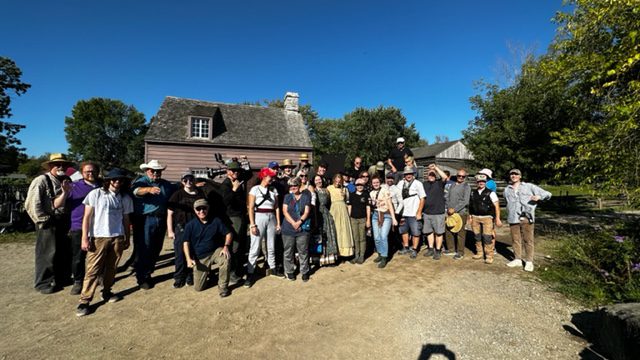
With our core filmmaking team and several others last night, my wife and I watched a third iteration of the Interpreter Foundation’s forthcoming dramatic film, Six Days in August. I was very pleased with the changes that have been made in it as a result of feedback from those (including us) who have seen the previous versions. It’s cleaner, and the chronology of events is clearer. I look forward to seeing it again when the music is added that Sam Cardon has been composing for it.
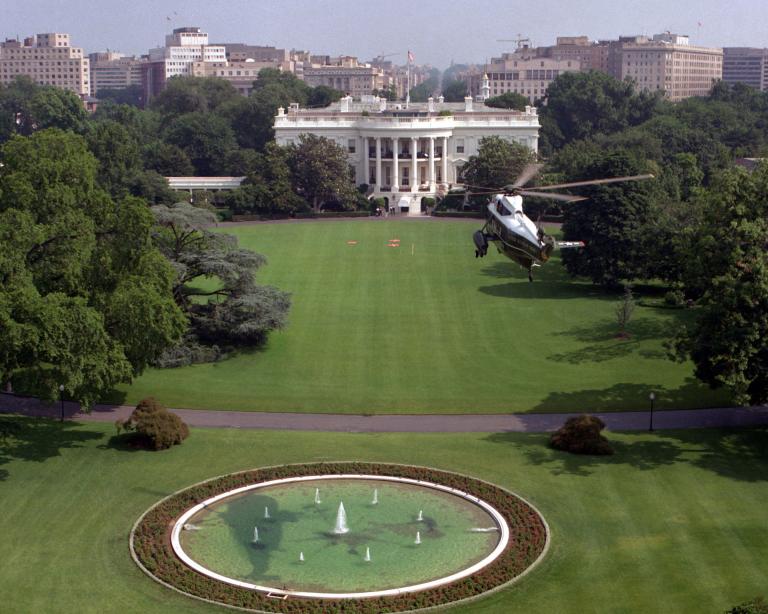
I didn’t watch the presidential debate last night. Which, for those who knew me at any point up until just a few years ago, might seem rather odd. Prior to 2016, I would never have missed such an event; I’ve always been deeply interested in political matters. But circumstances have changed.
My principal reason for not watching is that I knew, in advance, that I would find the performances of both candidates excruciatingly, unbearably, bad and that, anyhow, I had already long-since determined that I would vote for neither of them. (In the state where I live, my vote is extremely unlikely to affect the electoral outcome. So I have the luxury of calling down a plague upon both parties’ houses and casting a consequence-free protest vote.) Moreover, happily, I had something else that I much preferred doing instead. See above.
The reports and the commentary that I read before going to bed and upon rising this morning tell me that my decision to skip the debate was a wise one, though not merely for the reasons given above. The clear consensus is that the performance of one of the two candidates was a catastrophe, something savoring of elder abuse. I take no pleasure in that, even though I have voted against that candidate in every single federal election where I’ve had the opportunity to do so. I remember watching him masterfully (indeed, to my view, rather demagogically) handling a crowd back when he was a senator and I was a new member of the faculty in the Varsity Theater of BYU’s Wilkinson Center. As someone solidly at the other end of the American political spectrum — a free-market, federalist, socially conservative, strict constructionist conservative with strong libertarian sympathies — he worried me. He seemed a potent threat. Now, though, he worries me for other reasons.
Watching the public humiliation of an elderly man who — while some of his critics’ gleeful claims that he’s fully senile are both false and mean-spirited — is visibly suffering cognitive decline would have been acutely painful. It would certainly not have been an occasion for partisan triumph even if I were an ardent supporter of his rival, which I am emphatically not. The losses attendant upon old age are human tragedies that, for me at least, are far more profound than party politics. I grieve for this man.
And I’m indignant at those who pretended for years that any recognition of his decline was mere nasty ideological politics, a malicious slander put out by his opponents. My attention was called this morning to a quotation from HBO’s miniseries Chernobyl that makes a powerful point that is applicable far beyond the issue raised in last night’s disastrous debate performance:
When the truth offends, we lie and lie until we can no longer remember it is even there, but it is still there. Every lie we tell incurs a debt to the truth. Sooner or later, that debt is paid.
As I’ve recently said on several occasions, I look forward to the pending presidential election with all the enthusiasm of a condemned man who has been observing the erection of the gallows outside of his cell window. I’m genuinely, deeply, concerned for the future of my country.







